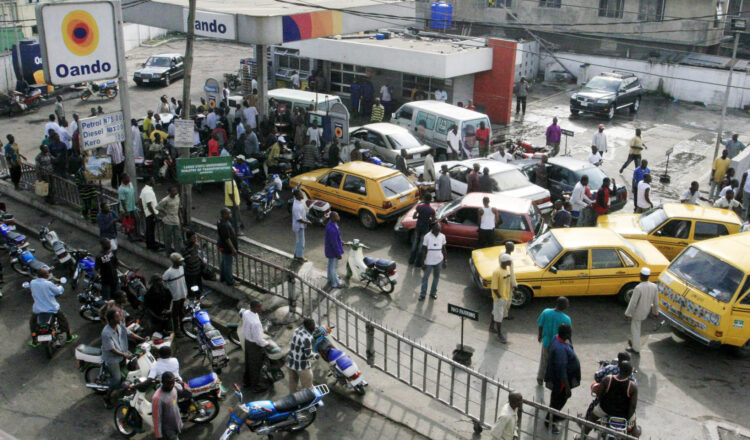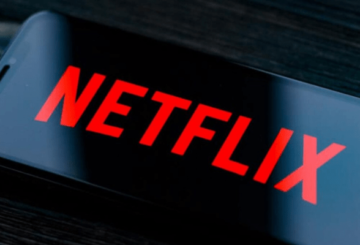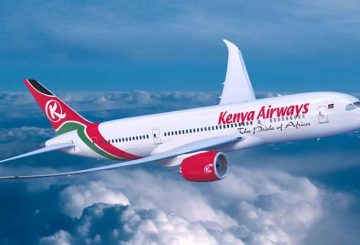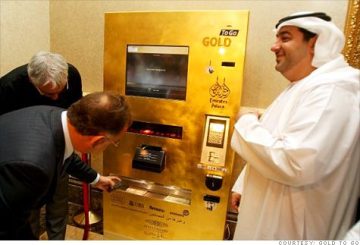The Nigerian National Petroleum Company Limited has a new financial requirement of around N10 billion to cover the cost of lifting petroleum from its ships, and many depot owners may soon be forced to close their facilities as a result of their failure to pay this demand.
Many filling stations in Lagos State were reportedly not selling fuel to the general public on Wednesday, according to The PUNCH.
Depot owners were having difficulty raising between N5 billion and N10 billion to fulfil new orders from the NNPCL, according to sources at the depots.
One of the sources said, NNPCL has enough stock in-country and we still buy from them pending when arrangements would be made for us to start ordering our products ourselves. Now, we have to raise about N10bn, some N5bn depending on the volume of the order to be able to access new products.”
He continued by saying that the sum was in addition to the payment already made prior to the increase in the price of gas.
According to Mike Osatuyi, National Controller, Operations of the Independent Petroleum Marketers Association of Nigeria, the impacted stations were left without products as a result of the depots’ increased rates.
He claims that in order to purchase a fuel truck, filling station operators today need to have between N22.5m and N23m on hand. He also claims that one vehicle was sold for N8m prior to May 29.
33, 000 metric tonnes of petrol were being held at depots at prices as high as N21 million, according to Tunji Oyebanji, a former chairman of the Major Oil Marketers Association of Nigeria.
Many depot owners, according to research by The PUNCH, presently have no stock because they ran out of supplies before President Bola Tinubu announced the withdrawal of the petrol subsidy on May 29.
According to a source, “Many depot owners would not be able to access funds because banks are skeptical of granting loans to the downstream sector.”
Before the elimination of subsidies, the price of petrol at the pump ranged between N179 and N200 per litre, but it has since soared to almost N500 per litre.
Oyebanji further disclosed that some smaller downstream companies would be forced to cease operations and might be acquired by larger ones as a result of their failure to pay the significant financial requirements to obtain new goods from the NNPCL.
A second NNPCL insider disclosed that since the elimination of the petrol subsidy, the company experienced trouble getting access to foreign exchange from the Central Bank of Nigeria.
“Since full deregulation started, CBN has stopped giving us forex. We also have to source for dollars just like every other player in the downstream sector. So, depending on the dollar rates and other market indices, we import and have to also factor other costs before we sell to marketers,” the sources noted.
It is noteworthy that between 2005 and 2022, gasoline subsidies devoured N12 trillion.





